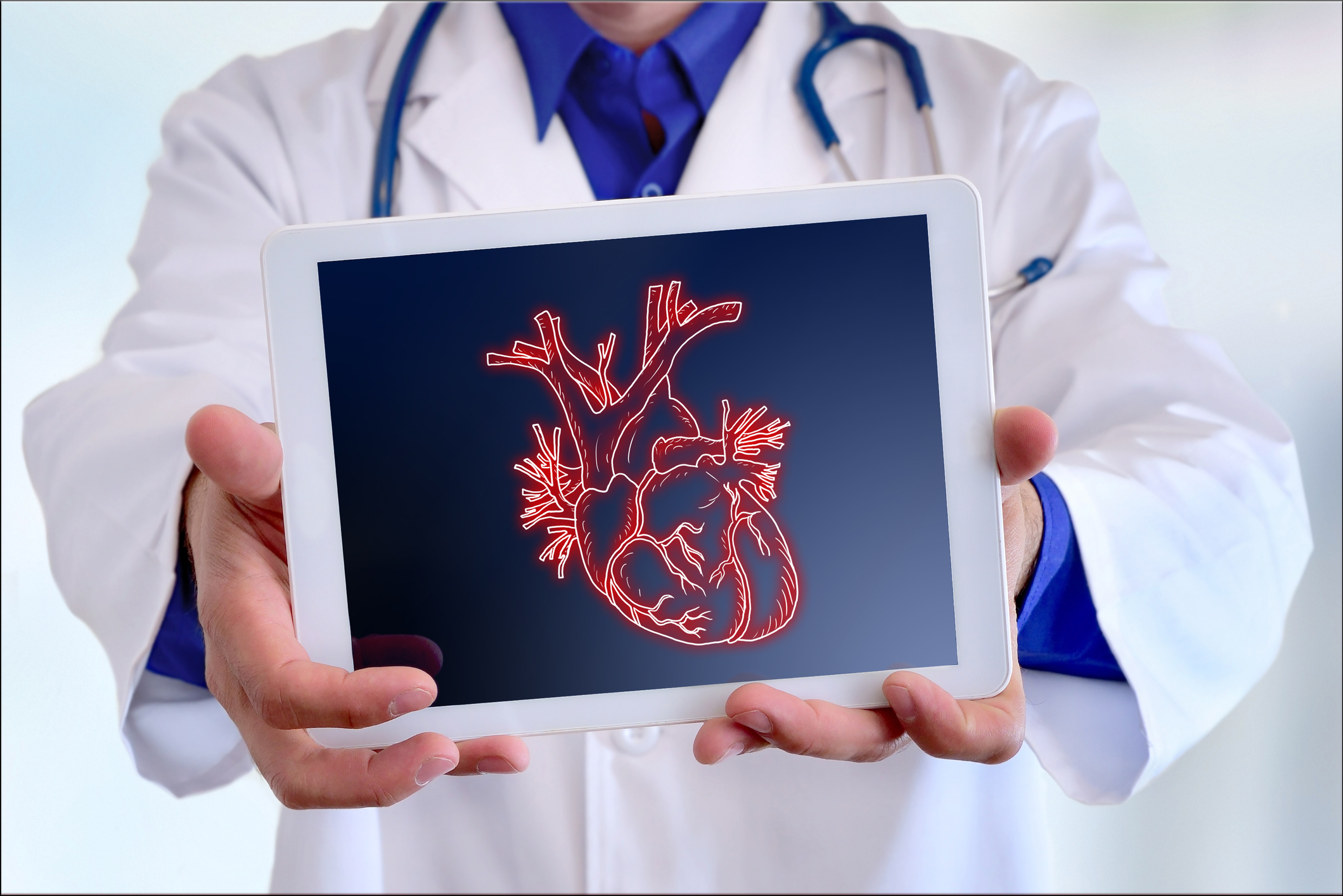Get Easy Health Digest™ in your inbox and don’t miss a thing when you subscribe today. Plus, get the free bonus report, Mother Nature’s Tips, Tricks and Remedies for Cholesterol, Blood Pressure & Blood Sugar as my way of saying welcome to the community!
What meat does to your ventricles, arteries and heart function

For years, we’ve been warned that eating too much red meat, and especially processed meats are bad for heart health. Yet, reports and study findings have been controversial, with some evidence classified as “weak.”
Now, a huge study involving close to 20,000 people is putting the debate to rest. New results demonstrate exactly what eating these protein options could be doing to your heart and blood vessels.
In fact, when researchers looked at three important measures of heart health, what they saw was indisputable…
Meat compromises three measures of heart health
The study, presented to the European Society of Cardiology set out to determine how meat consumption affects the imaging measures of heart health. In other words, how eating the meat changes the shape of your heart, the elasticity of your blood vessels and more.
The team analyzed three types of heart health measures:
- They looked at cardiovascular magnetic resonance (CMR) assessments of heart function to measure volume of the ventricles and their pumping function.
- They used CMR radionics to extract detailed information from heart images, including the shape and texture of the heart, which can be used to track the health of the heart muscle itself.
- Finally, they measured the elasticity of the blood vessels. This told them whether the arteries were stretchy — which are healthier — or whether they had become stiff, making it harder for the heart to pump blood through them and raising high blood pressure and heart attack risk.
To ensure that the study was accurate, the team adjusted their findings based on all other influencing factors such as age, sex, exercise level, weight and more.
And, guess what…
After all of those adjustments, the results were still very clear.
Higher intake of red and processed meat is associated with worsening heart health across all cardiovascular imaging measures!
In fact, the results showed that people who consumed the most of these proteins had:
- Smaller ventricles
- Stiffer arteries
- Poorer heart function
Put simply, their hearts were ticking time bombs of poor health.
The good proteins for the heart
However, while this is bad news for all of us who enjoy a juicy steak or a sandwich loaded with turkey, ham, and cheese, the researchers also had some encouraging findings.
As a comparison, they also tested the relationship between consumption of oily fish (like salmon, sardines, and mackerel) to those same heart imaging measures.
And, they found that the more oily fish a person ate, the better their heart function and the stretchier their arteries!
So while you might want to give up, or at least limit, your intake of red meat and processed versions such as bacon, sausage, and luncheon meats, upping your fish consumption could help keep your heart in tip-top shape.
Of course, if eating fish isn’t your thing, or you know you won’t consume enough on a regular basis to tick the heart health meter, you can also consider adding a fish or krill oil supplement to your daily regimen.
Editor’s note: There are perfectly safe and natural ways to decrease your risk of blood clots including the 25-cent vitamin, the nutrient that acts as a natural blood thinner and the powerful herb that helps clear plaque. To discover these and other secrets of long-lived hearts, click here for Hushed Up Natural Heart Cures and Common Misconceptions of Popular Heart Treatments!
Sources:
Study strengthens links between red meat and heart disease — ScienceDaily
Is Red Meat Bad for Your Heart … or Not? — Cleveland Clinic













